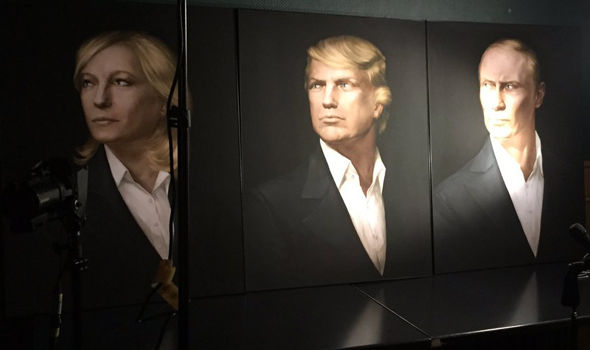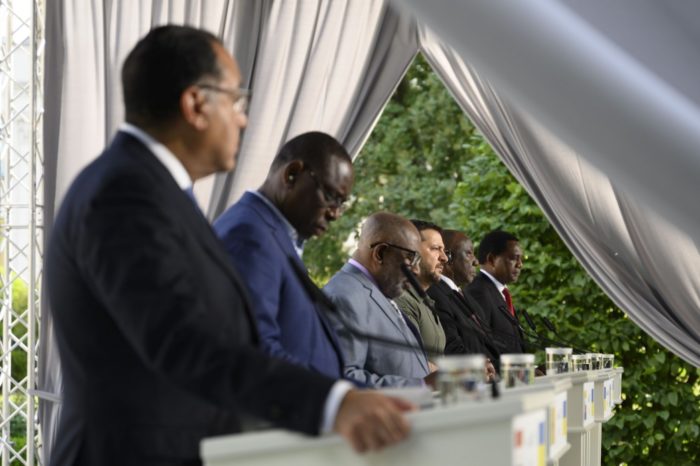Even as the United States and other Western countries wrestle with the question of how involved Russian operatives were in recent elections and referendums in their countries, Moscow appears to be upping the ante by sending more such operatives to key African countries for the same purpose.
But in what may be a cover story, Russian election experts argue that these operatives are more likely seeking to make money than to influence outcomes and will be limited even in doing that, because Russia lacks embassies in many of these countries and the kind of infrastructure it has relied on elsewhere.
Nonetheless, this descent of Russian election operatives into Africa, especially given some of the details of this operation that have surfaced today, is worrisome because it may provide Moscow with an opportunity for political and economic influence there below the West’s current radar screen.
In today’s Kommersant, journalist Andrey Pertsev says that Moscow is sending operatives to monitor and get involved with elections “in Madagascar, the Republic of South Africa, Kenya and several other African countries where elections are to occur in the next year or two.”
The operation is being organized by Yevgeny Prigozhin
, Putin’s former "chef" and the oligarch who was behind both portions of Russia’s trolling operations against the United States and the United Kingdom as well as the Wagner private military company of mercenaries Russia has been using in Syria, Pertsev says.
At present, the Kommersant sources say, this project is focusing on monitoring the social-political situation in these countries by means of sociological research, but “experts suggest,” Pertsev says, “that political technologists may work to export Russian political technology,” although they doubt this has the goal of influencing the outcome of these votes.
But of course, that is exactly what Russian government sources and experts could be expected to say about a project designed to do exactly what they deny it is about. To say otherwise would certainly send up red flags in these countries and could make it impossible for Russia to introduce such personnel into them.
How successful they will be remains to be seen. Nikolay Shcherbakov, a senior scholar at the Moscow Institute for African Research
, says “Russia has no possibility of seriously getting involved in African affairs.” It simply doesn’t have the resources and can’t compete with others like the Chinese.
In his view, Prigozhin is simply trying to make money. Demand for such Russian “services” has fallen to almost nothing in Europe, and so Putin’s friend is looking for a new market. But another expert, Sergey Polyakov, himself a Russian political technologist, says that even in that quest, the Russians are likely to fail given how out of date their approaches are.
Read More:
- Putin planning to interfere in Belarusian elections to replace Lukashenka, Sivitsky says
- Putin’s meddling in US elections backfiring on his own allies at home and on Americans who helped them, Shevtsova says
- Russian info war against US, far broader than last year’s elections, an act of terrorism, Latynina says
- Georgia slams “elections” in occupied Abkhazia as legitimizing Russian aggression
- Putin said plotting a new refugee crisis to influence EU elections
- Putin’s chef and other indictments
- Russian troll factory expands its work space threefold in 2018
- Kremlin propaganda, fellow travelers, and the third Russo-Ukrainian war
- Russian hybrid warfare: what are effects-based network operations and how to counteract them





